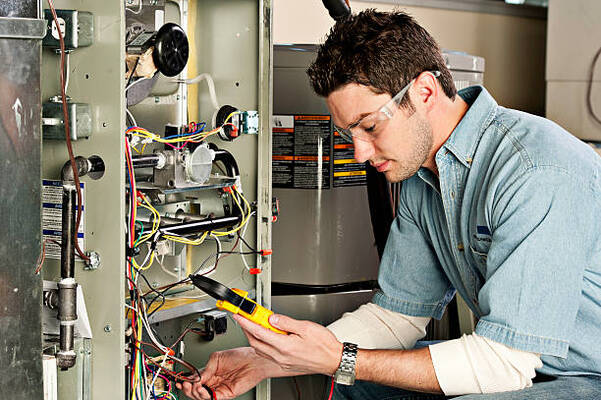- 1-905-452-8193
- Contact Us
- Member Login
- Get Listed Today
- 220,911 members

Most people are aware that electrical equipment needs to be regularly tested and tagged, but many don't know exactly what this process entails. Here's a quick overview of testing and tagging Melbourne, and why it's so important.
Testing and tagging is the process of checking electrical equipment for safety defects and making sure it is properly labelled. This includes things like power tools, extension cords, and any other type of electrical equipment that might be used in a workplace.
Two main types of tests can be performed on electrical equipment: visual inspections and insulation resistance tests. Visual inspections are pretty self-explanatory - they involve looking for obvious signs of damage or wear and tear. Insulation resistance tests are more technical, but essentially involve measuring the amount of resistance between different parts of an item.
Once the equipment has been tested, it needs to be tagged. This involves attaching a label that includes information such as the date of testing, what type of test was performed, and who tested it. The tag also serves as a reminder to re-test the item at regular intervals - typically every 3 or 6 months.
The importance of regular testing and tagging can't be overstated. Electrical equipment that is not properly maintained can pose serious safety risks, especially in workplaces where multiple people are using the same items daily. Regular testing ensures that any equipment issues are identified and addressed quickly before they become a major hazard.
Testing and tagging are vital parts of workplace health and safety. By making sure equipment is routinely tested and tagged, employers can ensure their workers are safe and that business operations stay productive.
Testing and tagging office equipment is an important part of workplace safety. It ensures that all electrical items in your workplace are safe for use, up to date and in good working order. Regular testing and tagging can help to prevent accidents or damage from occurring due to faulty or outdated appliances.
So, how often should you test and tag your office equipment? The answer depends on the type of equipment, the environment it’s used in, and any applicable regulations.
For instance, most equipment that’s directly connected to electricity such as power boards, extension leads and surge protectors should be tested every three months at a minimum. If they’re located in harsher conditions (ie: closer to water), then they should be tested more frequently.
Laptops and other portable devices should also be tested once a year, regardless of their environment. The same applies to any tools or appliances that are connected to gas lines, such as ovens or stoves.
Any new equipment you bring into the office must also be tested before it can be used. You’ll need to keep an up-to-date record of all your equipment and when it was last inspected, so make sure you have procedures in place to maintain documented evidence of this information.
Finally, always ensure that only qualified electricians conduct testing and tagging on your equipment. This is the best way to ensure it's done safely and correctly according to the applicable regulations.
In conclusion, testing and tagging your office equipment is essential for workplace safety. How often you do it will depend on the type of equipment and where it’s used, but in most cases, it should be done at least every three months. Always make sure that qualified electricians carry out the testing, and keep records of when the inspections have been done. That way you can ensure that your office remains safe and compliant at all times.
By taking the time to understand how testing and tagging works, you'll be able to make sure that any electrical equipment in your workplace is up to date and compliant with safety standards. Doing so will help protect both your workers and your business.
If you have questions or need more information on the topic discussed in this article, please get in touch with a reputable service provider to receive expert advice as soon as possible.
